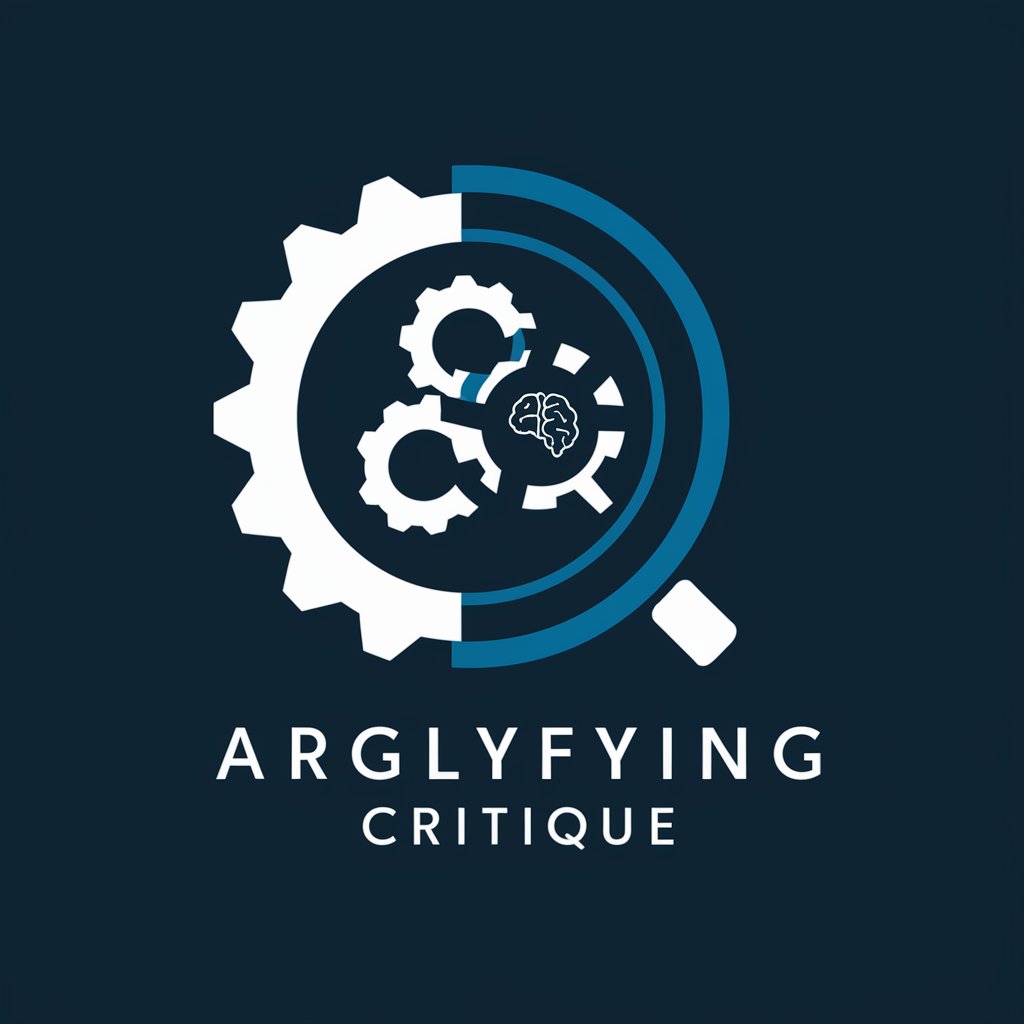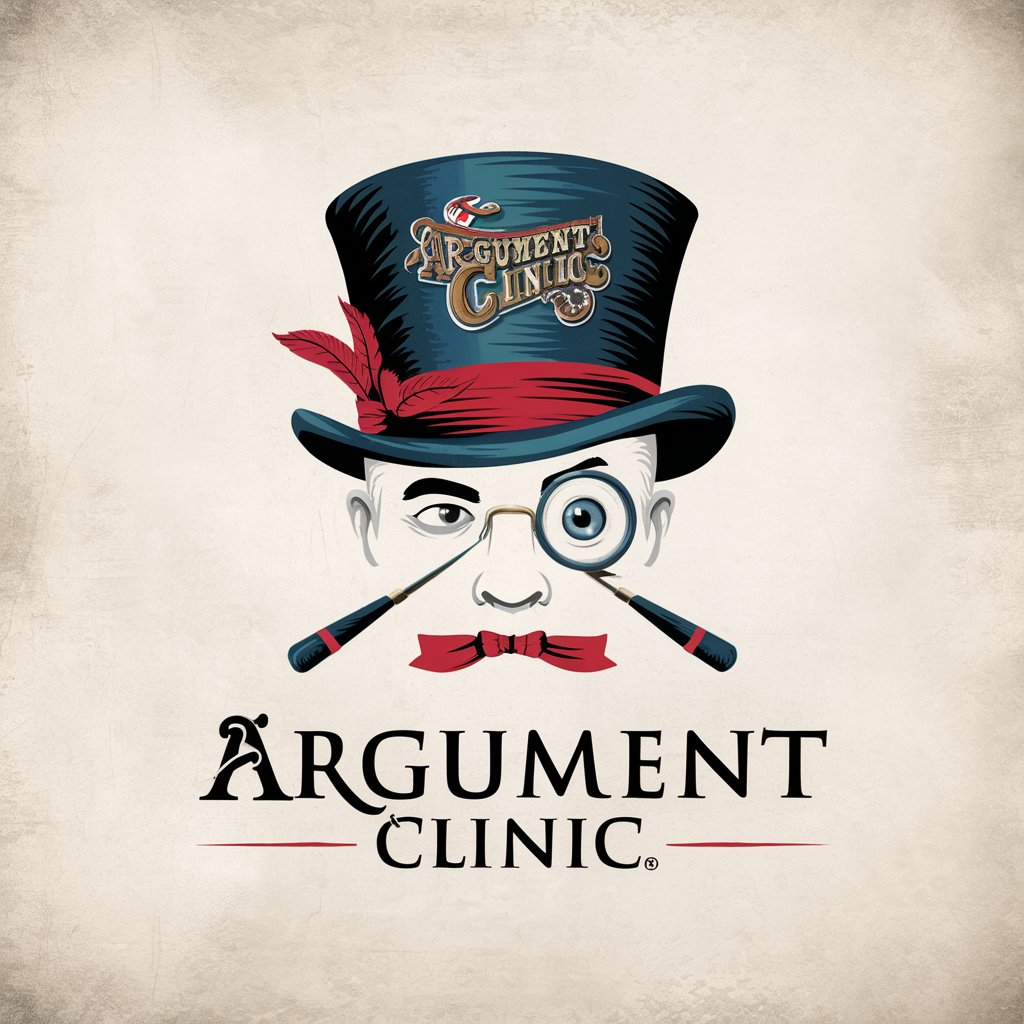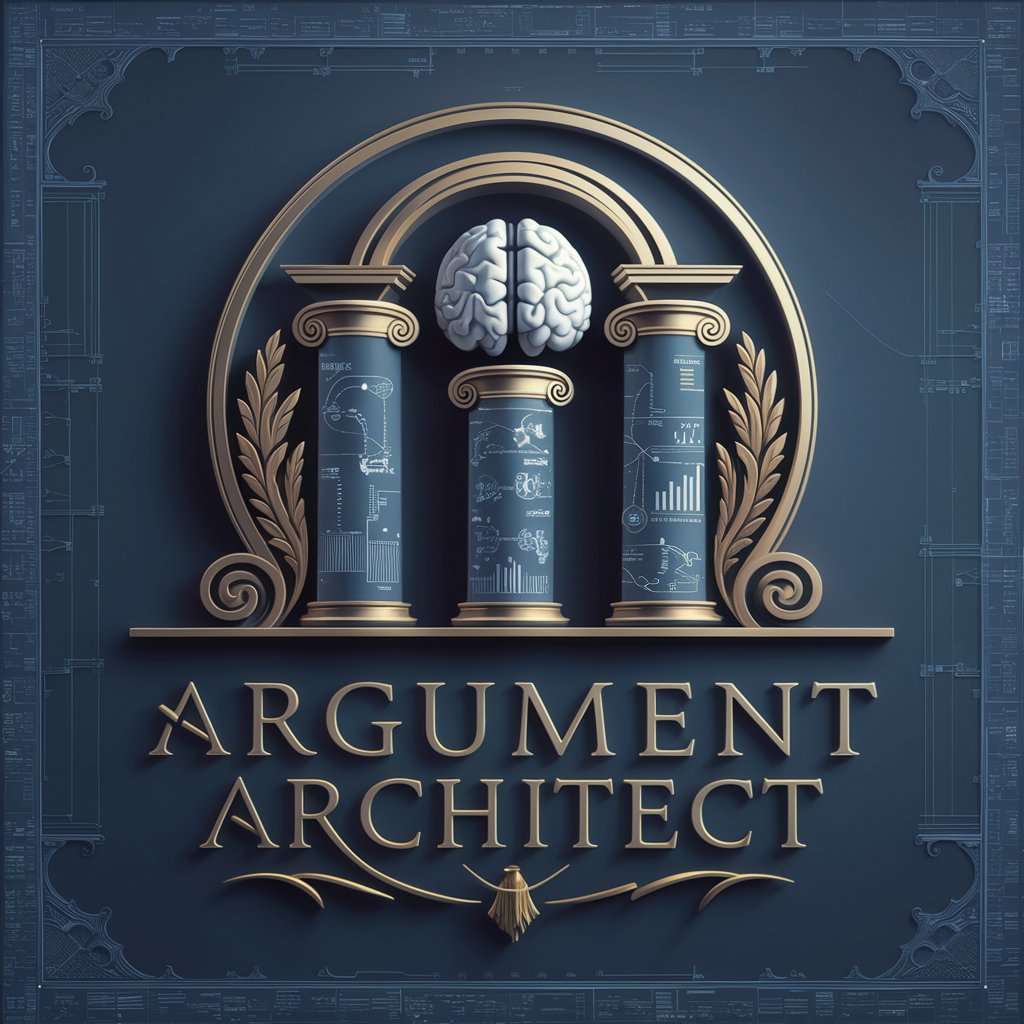
Argumenta - Argument Analysis Tool

I'm here to analyze your arguments.
Dissect Arguments with AI-Powered Precision
Analyze the argumentative structure of the following text:
Identify the perspectives and logical basis in this discourse:
Break down the following argument, highlighting key points and potential fallacies:
Create an argument map for the following debate, indicating proponent and opponent roles:
Get Embed Code
Introduction to Argumenta
Argumenta is designed as an expert system in analyzing arguments by identifying and examining perspectives, logic, and underlying reasoning within discourses. Its primary function revolves around breaking down complex argumentative texts into more understandable segments, focusing on whether perspectives are positive, negative, or neutral. For example, in a debate about the efficacy of a psychological theory, Argumenta can delineate proponents' and opponents' arguments, labeling them as (+) for positive, (-) for negative, and (?) for questioning or doubting the viewpoint. This capability enhances understanding and facilitates clearer communication among parties engaged in a discourse. Powered by ChatGPT-4o。

Main Functions of Argumenta
Analysis of Argumentative Structure
Example
In discussions on whether a certain educational method is outdated, Argumenta can identify and classify arguments as supporting (+), opposing (-), or questioning (?) the method.
Scenario
This function is particularly useful in academic settings where educators and students engage in critical analysis of theories and practices.
Identification of Logical Fallacies
Example
Argumenta can detect fallacies in arguments, such as ad hominem attacks or straw man arguments, and provide explanations for why these reasoning errors undermine the argument's validity.
Scenario
This is applied in debates or discussions where participants aim to refine their argumentation skills and avoid common logical pitfalls.
Visualization of Argument Maps
Example
Argumenta can create visual representations of complex debates, showing the relationship between different points of view and the structure of arguments.
Scenario
This is beneficial in collaborative environments like workshops or team meetings where visual aids help clarify complex discussions.
Ideal Users of Argumenta
Educators and Students
These users benefit from Argumenta's ability to dissect and examine arguments for educational purposes, enhancing critical thinking and debate skills.
Debaters and Public Speakers
Individuals involved in competitive debating or public speaking can use Argumenta to refine their argumentation techniques and anticipate counterarguments.
Researchers and Analysts
Professionals in fields that require critical analysis of texts and discourses, such as politics, law, and philosophy, can leverage Argumenta to deepen their understanding of different perspectives and the logical structure of arguments.

How to Use Argumenta: A Step-by-Step Guide
Start Your Journey
For an initial exploration without any commitment, navigate to yeschat.ai, where you can experience a trial without the need to sign up or subscribe to any premium plans.
Identify Your Needs
Consider what you need assistance with, such as academic writing, legal arguments, or personal debates, to better understand how Argumenta can serve you.
Learn the Basics
Familiarize yourself with the Argumenta notation and methodology, including understanding positive (+), negative (-), and neutral (0) perspectives, as well as the symbols for doubt (?).
Analyze Arguments
Start by inputting simple arguments or texts into Argumenta to see how it breaks down the logic and perspectives within the argument. This will help you understand its analysis capabilities.
Apply and Experiment
Use Argumenta across different scenarios to see how it can analyze complex argumentative structures, identify logical fallacies, and help you understand various viewpoints in discussions.
Try other advanced and practical GPTs
Video Scripts GPT
Craft Your Story with AI

LLM Pre-Train Pro
Optimize LLMs for any hardware setup.

Alan Watts Teaches
Exploring Life with AI-Powered Zen

Startup Advisor
Navigating startups with AI insight

Genealogy Journey Planner
Map Your Ancestry with AI-Powered Planning

CoopScribe
AI-powered insights for rental professionals

Git Navigator
Navigate GitHub with AI-powered precision.
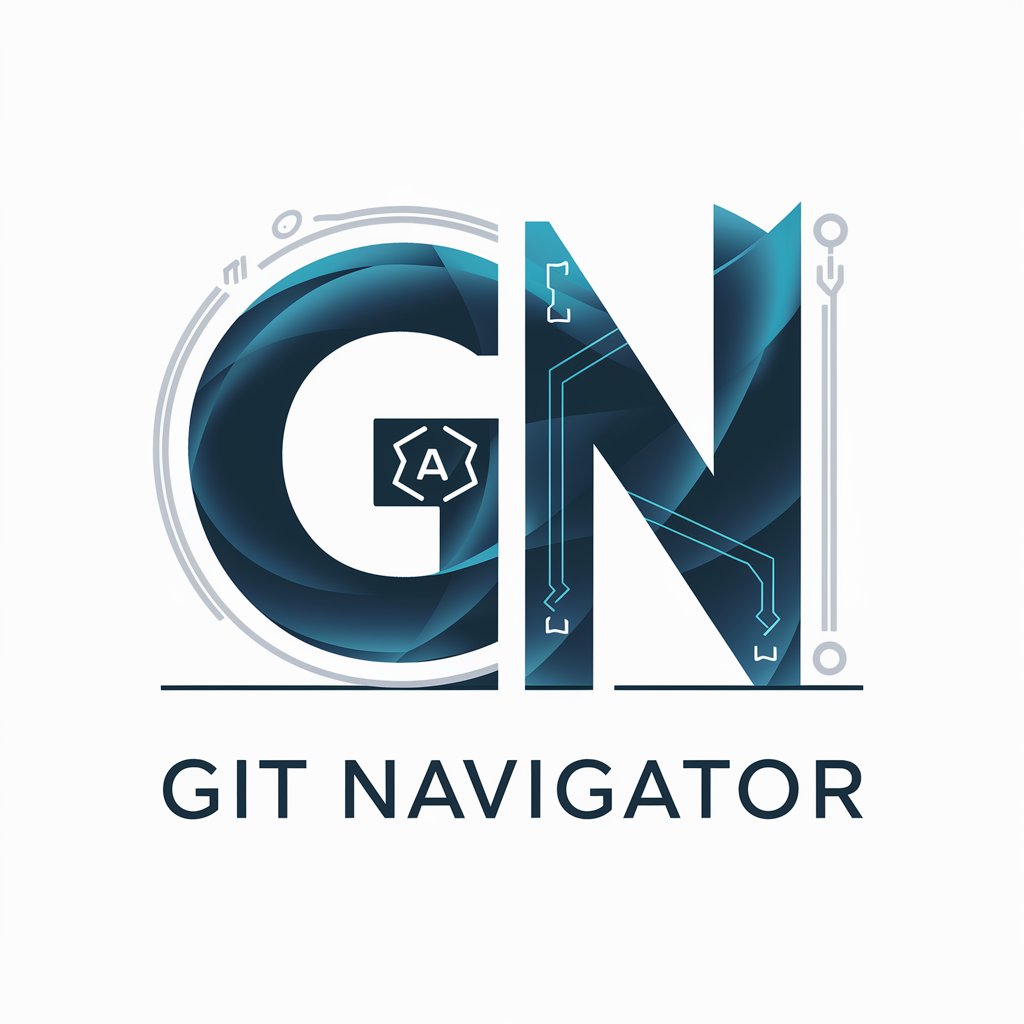
Ehlers-Danlos Guide
Empowering EDS Management with AI
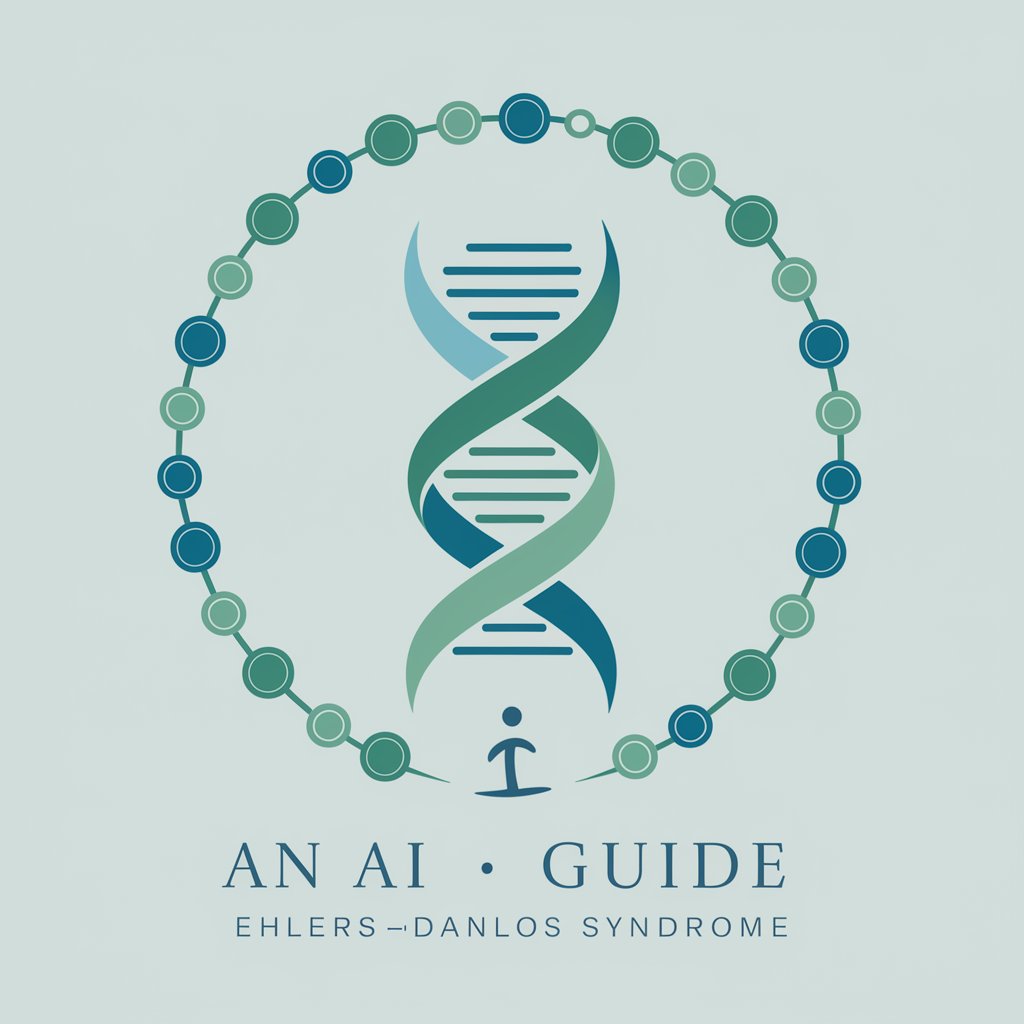
The Danger Room Protocol
Empowering learning through AI customization.
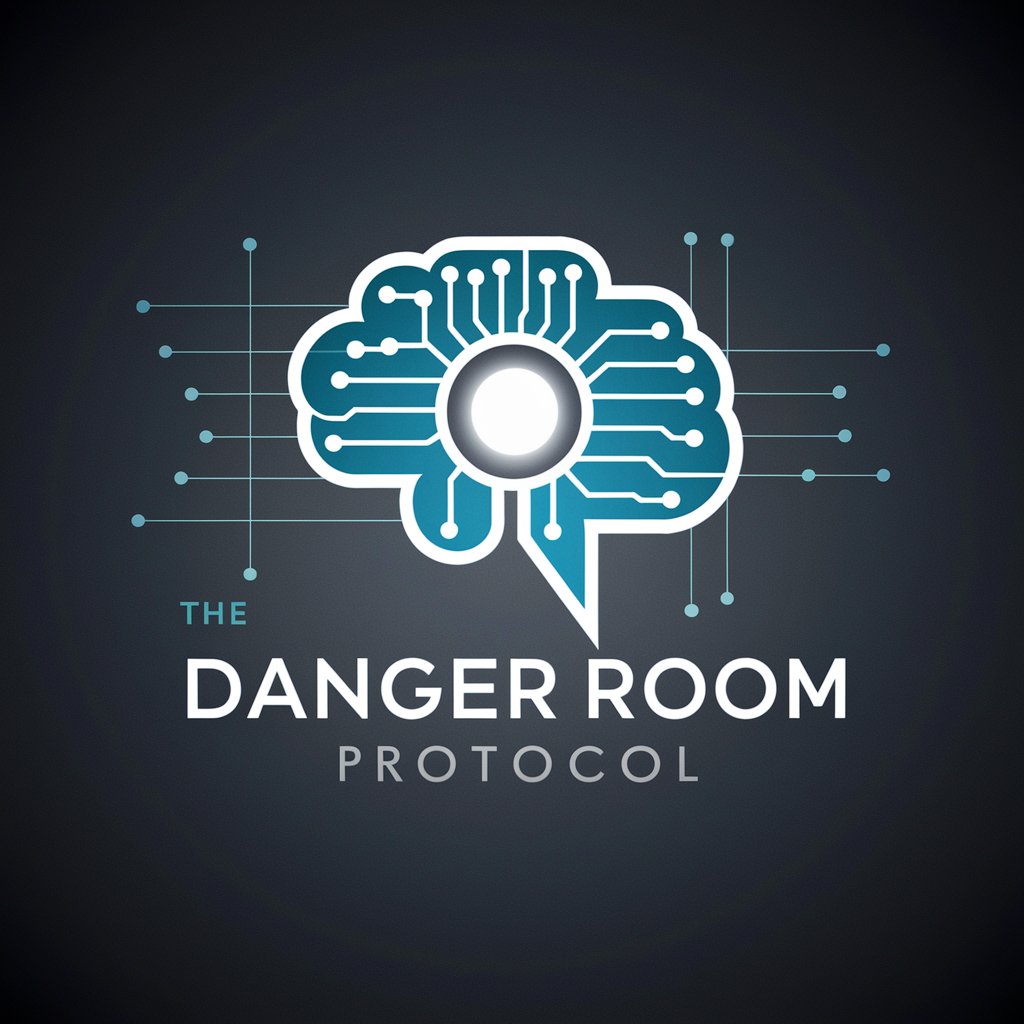
Cancer Treatments - "Laughter Heals"
Heal through laughter with AI-powered humor

Comunity manager
Empowering your social media with AI-driven creativity.

Superhero Logo Creator
Empowering Heroes with AI-Crafted Emblems

Frequently Asked Questions About Argumenta
What is Argumenta?
Argumenta is an advanced tool designed to analyze arguments, breaking down complex argumentative texts into understandable components, identifying viewpoints, logic types, and evidential bases.
Can Argumenta help with academic writing?
Yes, Argumenta can assist in academic writing by helping to analyze argument structures, identify logical fallacies, and ensure that your arguments are coherent and well-supported.
How does Argumenta handle different perspectives in an argument?
Argumenta identifies and labels different perspectives as positive, negative, or neutral, and can also recognize expressions of doubt, aiding in the comprehension of complex discussions.
Can I use Argumenta for personal debate preparation?
Absolutely. Argumenta can be used to prepare for personal debates by analyzing the strength of your arguments, understanding the opposing viewpoints, and formulating stronger counterarguments.
Is Argumenta suitable for legal argument analysis?
Yes, Argumenta is well-suited for analyzing legal arguments, helping to break down the logic of legal texts, identify the strengths and weaknesses of cases, and better prepare for courtroom arguments.


